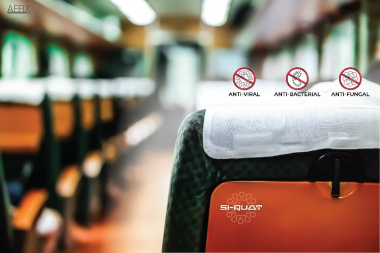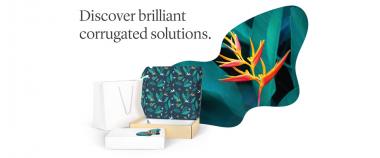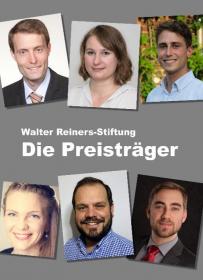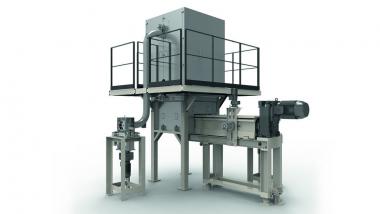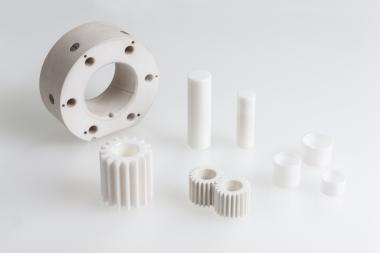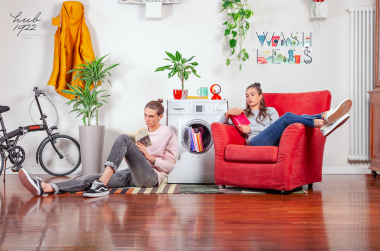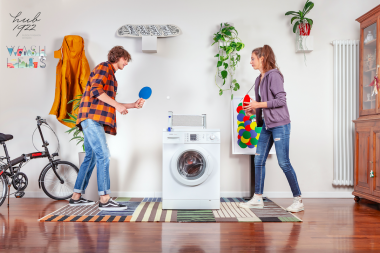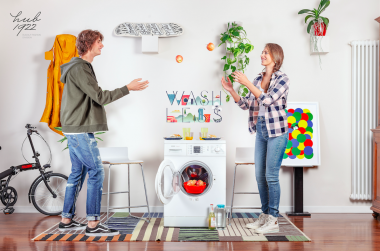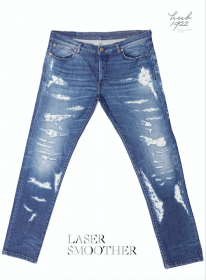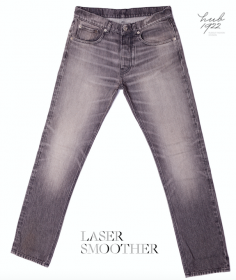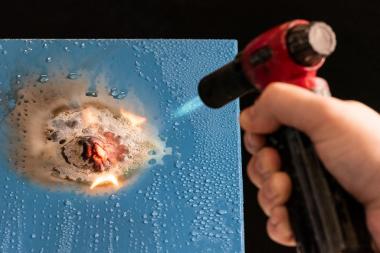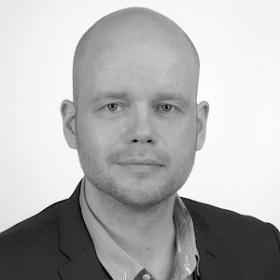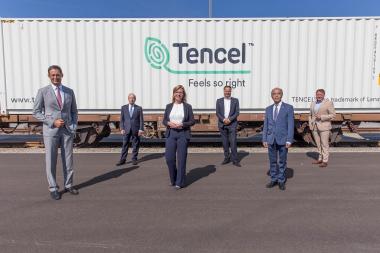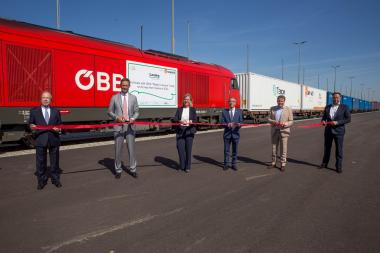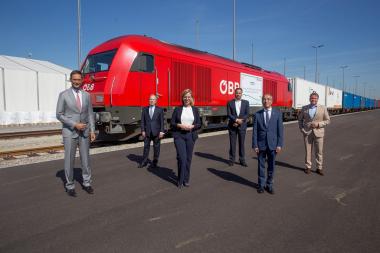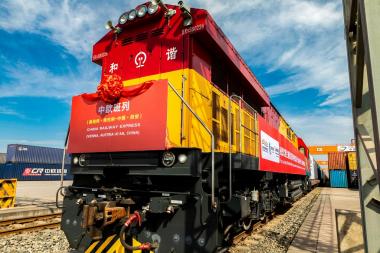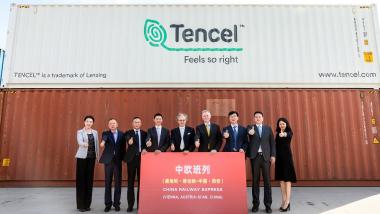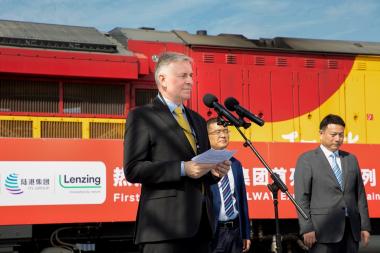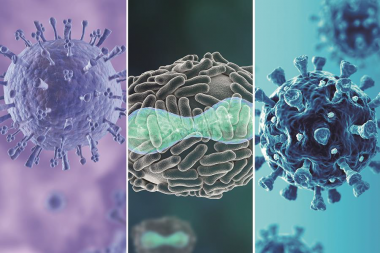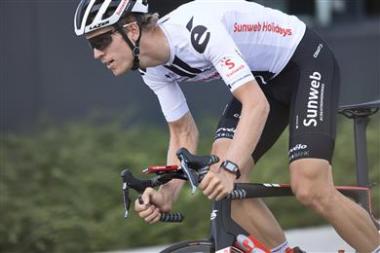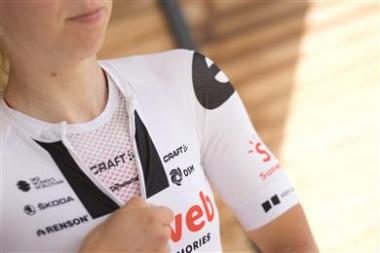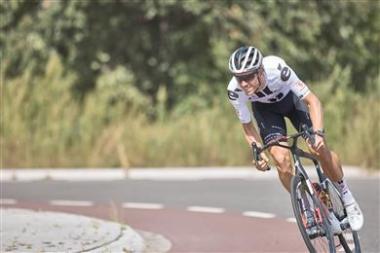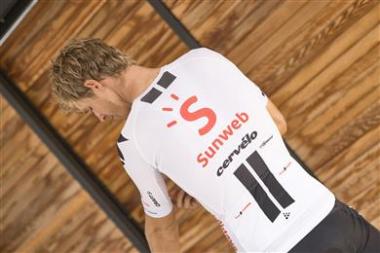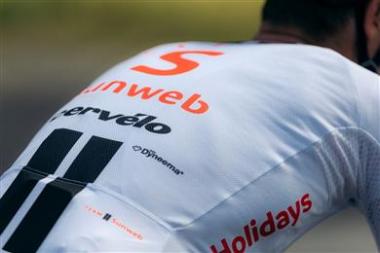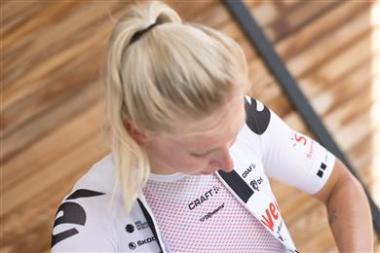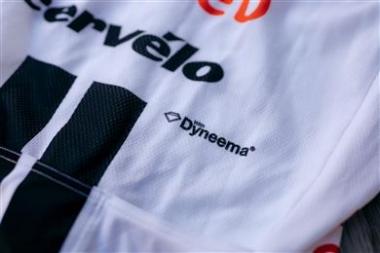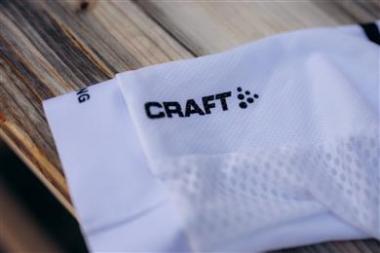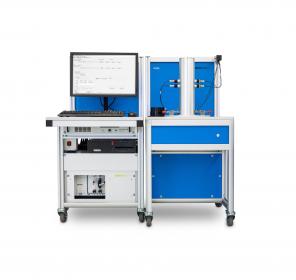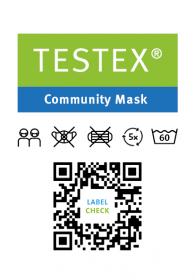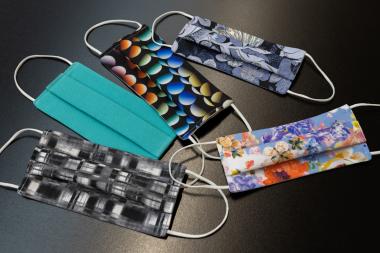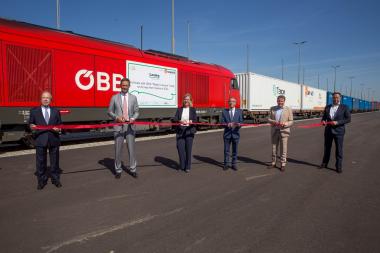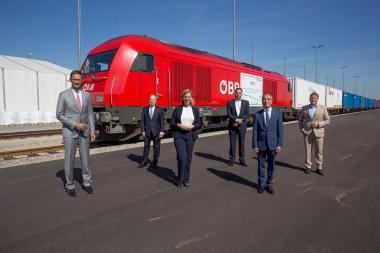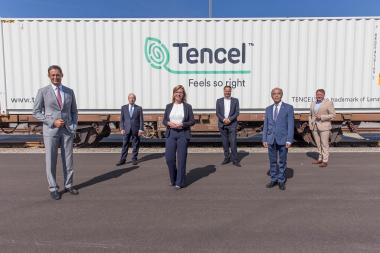AFFIX Labs/Franz Kiel GmbH: Anti-microbial coating for transportation industry
AFFIX Labs’ durable semi-permanent surface coating Si-Quat, that is proven to kill 99.9% of bacteria and viruses, including SARS-COV-2, will be helping to make public transport safer as people around the world begin getting back onto buses and trains.
Si-Quat helps to prevent cross contamination with a durable layer of polymerized active ingredient that binds to walls, handles, furniture, and other key touch points, staying in place for up to 12 months and killing 99.9% of viruses and bacteria that come into contact with the treated surface. The coating has been tested and certified to be effective against bacteria, viruses, and fungi, and has passed the rigorous EN45545-2 HL3 flammability norm for trains and REG118.3 for busses.
Kiel has been manufacturing seating for public transport globally for more than 75 years and will be offering Si-Quat to clients as a new solution to protect travellers on their transport networks. With Si-Quat already registered on several continents a quick roll out is truly achievable.
EMG


